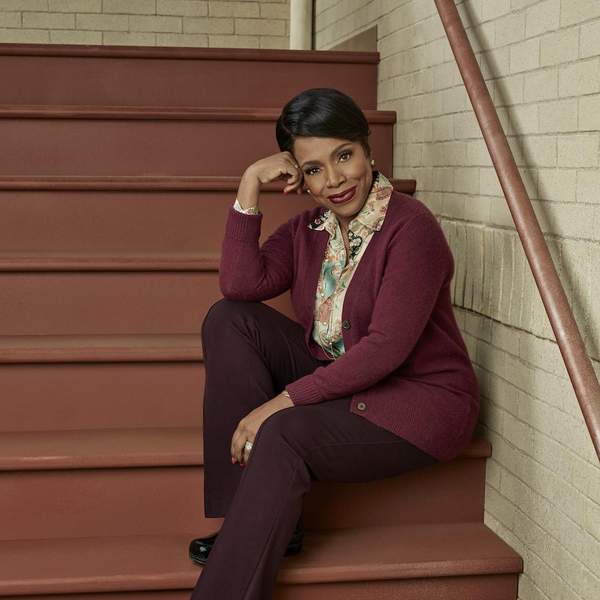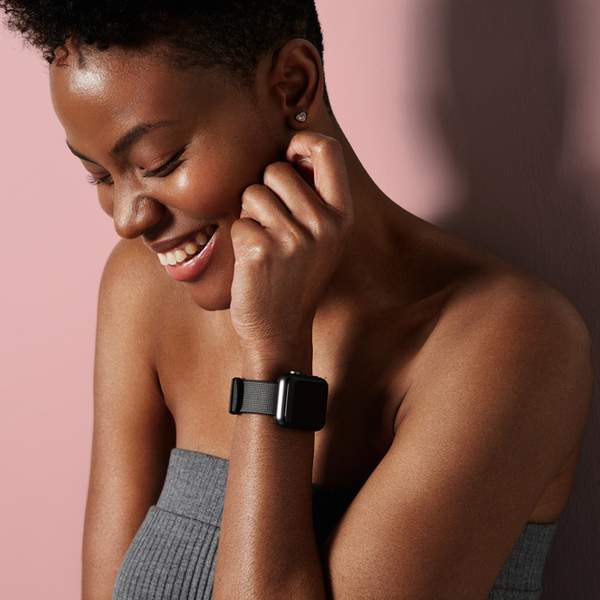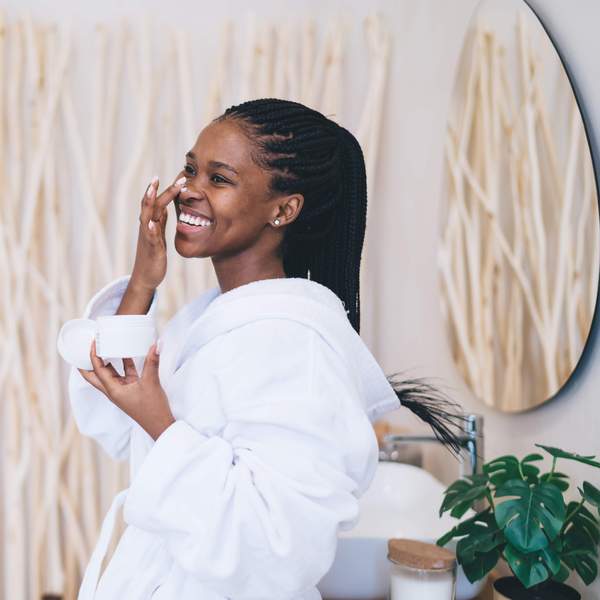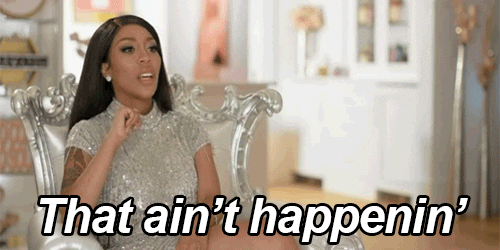It's the season one finale of Quinta Brunson's hilarious hit ABC comedy Abbott Elementary. Among all the great things that have come with the show's success, the reminder of legendary actress Sheryl Lee Ralph’s greatness has undoubtedly been one of them.
Despite all the years of work the author and legend of screen and stage has given us, she recently revealed in an interview that just a few years ago, an executive producer on a show she was working on asked her “what have you done?'"
Only in an industry tuned to view whiteness and whiteness alone as excellence, can someone as esteemed as Ms. Ralph be dismissed by people in a place where talents are purportedly the currency for success. Only in Hollywood can she not be flooded with opportunities to show off the vast array of her talents. Let me give an abridged version of Ms. Ralph’s resume for the uneducated:
The world woke up to her gifts nearly four decades ago when the original Broadway cast of the musical Dreamgirls premiered. She originated the role of Deena Jones, the role that Beyoncé herself would go on to play in the 2006 film adaptation. Ralph proved that not only could she sing, dance, and act, but that she could do all those things brilliantly. From Daytime Soaps to primetime comedy and films of every genre, Ms. Ralph has been shining ever since.
the single greatest 30 seconds of television ever filmed #AbbottElementary pic.twitter.com/S57REe9psM
— Joey (@SpiceBoyJoey) March 30, 2022
I was first introduced to Ms. Ralph through all my incessant viewings of Moesha as a teen. She played Dee, the stepmother to Brandy’s Moesha. Even playing the stuffy-at-times, strict principal and step mom, there was a deft and delicate comedic sensibility to her even as she was often playing it straight.
Much like with her Ms. Barbara Howard — her God fearing, elder statesmen Abbott Elementary character — Ms. Ralph isn’t the one doing the comedic heavy lifting or the one often being given the punchlines, but only she could bring the dignity and indignation quality to Ms. Howard without it being a drag on the rest of the cast. Quinta Brunson, the creator and star of the show, said it herself when Ms. Ralph initially went out for the role of the wacky principal: “No, absolutely not. You are Mrs. Howard. We need a queen and you are her.”
In that same interview, Ms. Ralph said that her and Brunson’s first interactions on the set of A Black Lady Sketch Show often involved Brunson just admiring and studying her. “Oh, this is wonderful. This young artist thinks I'm something special,” Ms. Ralph remarked. Brunson isn’t the only one!
So to Ms. Ralph directly: To call you a star would be too puny when your talent alone can fill an entire galaxy. You are the epitome of style and grace. You’ve filled my girlhood with precious memories from your time as Moesha’s stepmama to your role as Lauryn Hill’s tough but fair mama in Sister Act 2. (We're still singing our "shoulda, coulda, wouldas" thanks to you!) Your presence and voice on-screen are a balm. If I could bring you an entire garden of flowers to share as a token of my appreciation of you I would, but for now, these words will simply have to suffice. You are excellence personified.



















